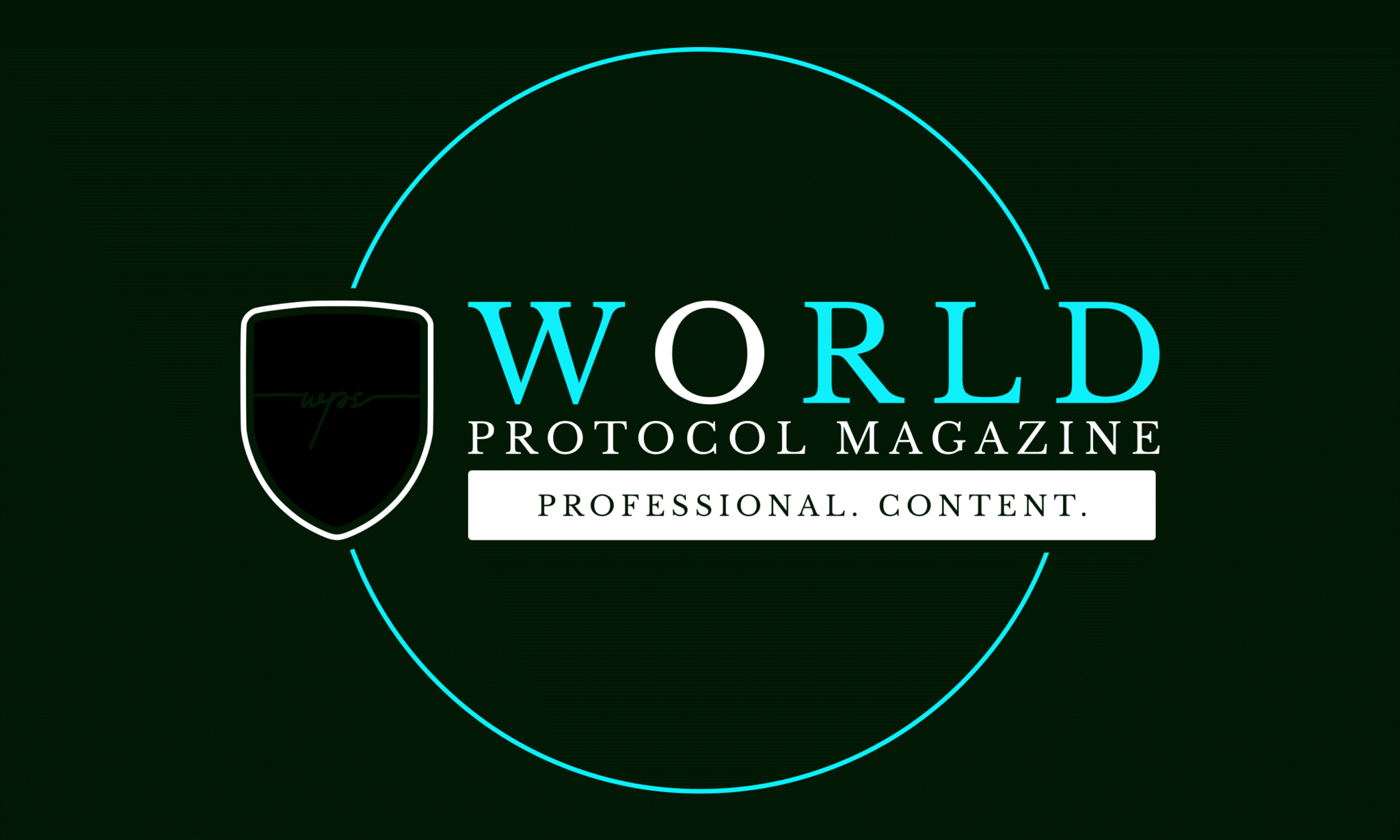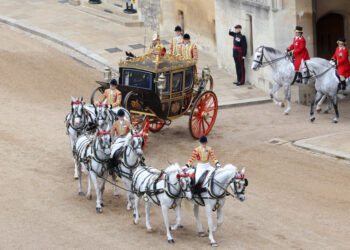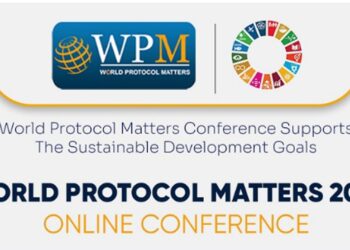 The majority of professional athletes are highly successful in physical performance but might face major challenges when they find themselves in various positions in different organizations, companies, sport clubs, and federations. The same thing applies to others serving in sports organizations: they may come from economics, law, or any other field, but do not necessarily possess the skill set of a sport diplomat, someone working in international meetings, mega sport events, diplomatic missions, policy-making, or operative jobs. Many otherwise talented and knowledgeable employees experience a massive lack of skills and understanding of diplomacy, international relations, intercultural challenges, protocol, and language skills required when representing a sport club, federation, or institution. The new International Program in Sports Diplomacy (ISDP), is a one-year postgraduate hybrid program of the Hungarian University of Sports Science, Budapest, Hungary: it is a powerful and value-oriented platform for anyone with a bachelor’s degree (preferences go to International Relations, Sports Science, Business Administration, and/or Economics, Communication, and Marketing).
The majority of professional athletes are highly successful in physical performance but might face major challenges when they find themselves in various positions in different organizations, companies, sport clubs, and federations. The same thing applies to others serving in sports organizations: they may come from economics, law, or any other field, but do not necessarily possess the skill set of a sport diplomat, someone working in international meetings, mega sport events, diplomatic missions, policy-making, or operative jobs. Many otherwise talented and knowledgeable employees experience a massive lack of skills and understanding of diplomacy, international relations, intercultural challenges, protocol, and language skills required when representing a sport club, federation, or institution. The new International Program in Sports Diplomacy (ISDP), is a one-year postgraduate hybrid program of the Hungarian University of Sports Science, Budapest, Hungary: it is a powerful and value-oriented platform for anyone with a bachelor’s degree (preferences go to International Relations, Sports Science, Business Administration, and/or Economics, Communication, and Marketing).
This program is particularly designed for those who work in international relations and sports: second-career professional athletes who take roles at sport federations, GOs, and NGOs, diplomats who wish to develop their understanding of global sport affairs, and those who come from other areas of science, industry, culture, and public administration with a desire to operate successfully in sport and diplomatic avenues. Since it is a practice-oriented program, those already facing challenges in the above areas will find the program helpful and valuable. Some pre-existing competencies can be considered for credit, such as a professional sport and sport management career, diplomatic career, additional degree (Bachelor or Master) in any related area of Sport Science or Humanities, or other relevant academic fields (e.g. Economics), and further related trainings (e.g. Leadership, Business Coaching, Project Management, Communication). Grassroots sport activists are also offered valuable tools for their work.

The hybrid format allows participants to continue their work engagement, study online, enjoy two intensive weeks in Budapest on the HUSS Campus, and immerse themselves in a real sport diplomatic environment abroad for an internship, project work, and networking. With a pragmatic comprehensive exam, the usefulness of ISDP is also emphasized.
The program prepares graduates for the broad field of sport diplomacy-related studies, by understanding the conceptual and empirical framework of sport diplomacy within international and intergovernmental context, by integrating theoretical knowledge with practical skills across sport diplomacy domain, by integrating research and analytical approach, and accessing, collaborating, and adopting to diverse national, regional and international application of sport diplomacy. In addition, we also help develop skill sets to work in public administration, international, intergovernmental, and multinational organizations and sport movement. The core subjects covered embody four thematic modules and various optional courses besides the set ones: Diplomacy, Sports for All, Global Sports Policy, and Communication (including event management, marketing, and protocol, too).
Following the one-year hybrid program, graduates become “Sport Diplomacy Specialists.” ISDP graduates acquire and develop their diplomatic skills, their understanding of the complexities and correlations in global sport administration and industry, and their ability to communicate successfully in international negotiations, events, and other activities. Their capacity to organize diplomatic events, follow protocol, mediate conflicts and promote their nation, sport, and organization grows substantially. They also expand their coping methods, proactivity, strategic thinking, empathy, integrity, and sense of responsibility. Their knowledge of cultural, social, and citizenship values naturally increases. There are important auxiliary competencies the participants may develop, enabling them to improve their coping abilities with challenging situations in the international business and sports arena, as well as their labor market value and opportunities. The capacity to handle business, intercultural and political situations, mediate, advocate and represent effectively is essential for those working on the threshold of sports and international relations, support sport industry, corporate entities, sport events, various national and international organizations.

The board of program directors includes Dr. habil Judit Kadar (Director of International Relations at the Hungarian University of Sports Science/HUSS, Associate Professor), Dr. Marko Begović (Faculty of Sport, University Nikola Tesla, Beograd, Serbia, Senior Lecturer), Silvija Mitevska (Sport Diplomat, Senior Project Manager and Member of the Olympic Committee of North Macedonia), and Dr. habil György Suha (Former Ambassador, Milton Friedman University, Budapest, HUSS Guest Professor). The program involves over 40 internationally acclaimed area experts from three continents, including founders and practitioners of Sports Diplomacy, as well as Nikoletta Hossó, a protocol expert of major national and international sport events.
The Sports Diplomacy Program is to be launched in September 2023, and registration-related information is available at sdp@tf.hu.
Practical approach, quality education and focus on individual student support are the top priorities for the ISDP program management. Come and join the program, meet the great ISDP team of dedicated experts and utilize your knowledge in your career.




